Year published :2006
Pages :352 pp.
Size :14x21.5 cm.
Rights :Southeast Asia
ISBN: 9789749575963
Cambodian Buddhism: History and Practice
by Ian HarrisThe study of Cambodian religion has long been hampered by a lack of easily accessible scholarship. This impressive new work by Ian Harris thus fills a major gap and offers English-language scholars a book-length, up-to-date treatment of the religious aspects of Cambodian culture. Beginning with a coherent history of the presence of religion in the country from its inception to the present day, the book goes on to furnish insights into the distinctive nature of Cambodia's important yet over looked manifestation of Theravada Buddhist tradition and shows how it reestablished itself following almost total annihilation during the Pol Pot period.
Historical sections cover the dominant role of tantric Mahayana concepts and rituals under the last great king of Angkor, Jayavarman VII (1181–c.1220); the rise of Theravada traditions after the collapse of the Angkorian civilization; the impact of foreign influences on the development of the nineteenth-century monastic order; and politicized Buddhism and the Buddhist contribution to an emerging sense of Khmer nationhood. The Buddhism practiced in Cambodia has much in common with parallel traditions in Thailand and Sri Lanka, yet there are also significant differences. The book concentrates on these and illustrates how a distinctly Cambodian Theravada developed by accommodating itself to premodern Khmer modes of thought. Following the overthrow of Prince Sihanouk in 1970, Cambodia slid rapidly into disorder and violence. Later chapters chart the elimination of institutional Buddhism under the Khmer Rouge and its gradual reemergence after Pol Pot, the restoration of the monastic order's pre-Revolutionary institutional forms, and the emergence of contemporary Buddhist groupings.
Cambodian Buddhism: History and Practice synthesizes an enormous range of scholarship (most of it in French), complemented by the author's own fieldwork in modern Cambodia. The result is a wide-ranging, well-documented, and comprehensive account of a neglected Southeast Asian tradition.
About the Author
is reader in Buddhist studies at University College of St. Martin, Lancaster, and associate fellow, Becket Institute, St. Hugh's College, Oxford.
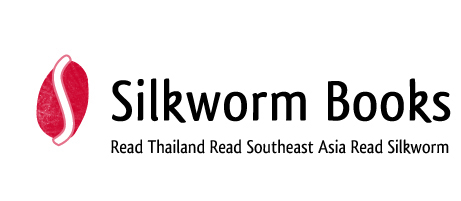
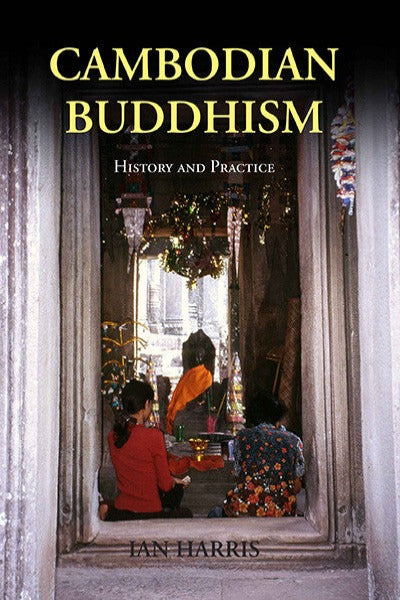
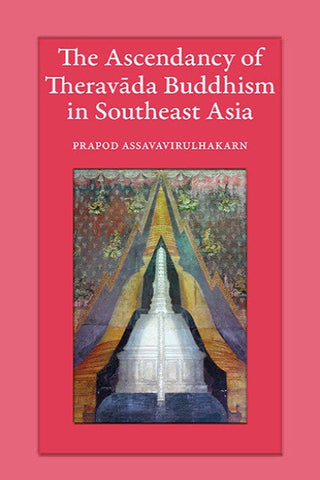
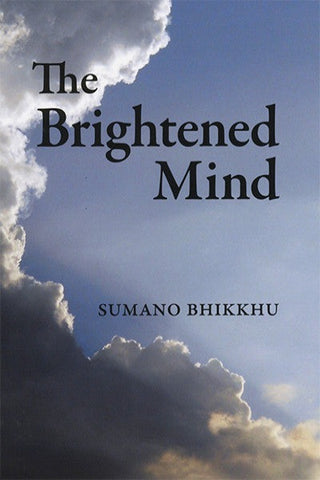
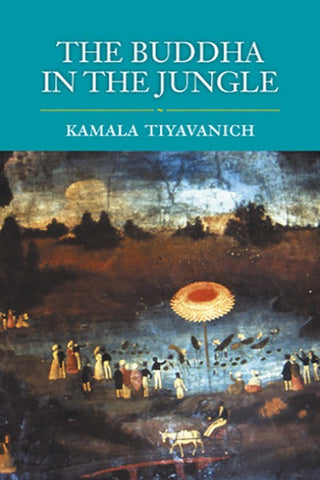
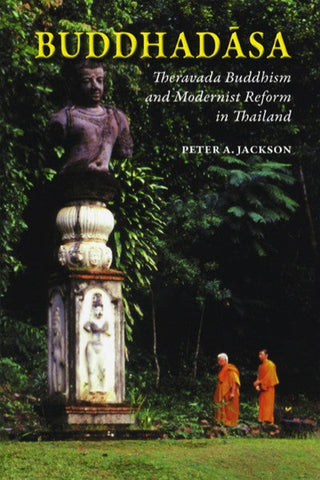
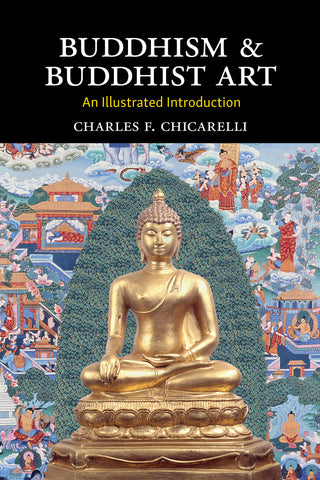
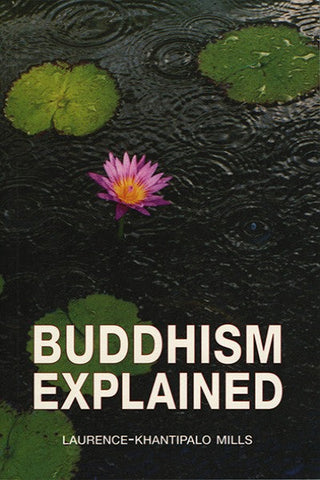
Share this item: